ACADEMIC NUDE, MODEL SITTING IN THE WORKSHOP
Pencil on paper, signed lower right
36.30 x 24.70 cm
Certificate of authenticity: Dominique BERMANN MARTIN.
Provenance:
André Lhote Collection
Collection Simone Lhote
Private collection, Paris
André Lhote was born in Bordeaux in 1885 into a modest family. As a young man, he joined a cabinet making workshop where he learned ornamental wood carving and then began to take courses at the School of Fine Arts in his native city. In 1905, he decided to devote himself to painting and left the sculpture workshop, despite his parents' advice to the contrary. He was introduced to the paintings of Gauguin and Cézanne, which seemed to him to be a revelation of modernity in painting. He met Jacques Rivière (1886-1925), the future director of La Nouvelle Revue Française, who became one of his close friends.
In 1907, Lhote was admitted to the Salon d'Automne, which he attended every year. He also exhibited at the Cercle de l'Art Moderne in Le Havre from 1909 and the following year, the Druet Gallery gave him his first private exhibition.
Around 1912, his research, inspired by primitive art and Romanesque frescoes, led him to develop a new formal approach: cubism, which he appropriated in a rather personal conception.
He exhibited in Stockholm in 1913 and then at the Galerie Vildrac the following spring.
From 1917, Lhote taught painting at the Atelier libre, boulevard du Montparnasse and joined the group of synthetic cubism. Between 1918 and 1921, he also taught at the Atelier d'Études, boulevard Raspail, at the Académie moderne, rue Notre-Dame des champs and at the Académie Montparnasse.
At the end of the First World War, he began his activities as an art critic, notably with the Nouvelle Revue Française (the painter was integrated into the group of the "Jeune peinture française") and took a position, in his writings and conferences, on the polemical questions concerning modern painting.
In 1921, Lhote exhibited at the Rosenberg Gallery.
In 1925, he opened the André Lhote Academy on rue d'Odessa, in the Montparnasse district, which received students from all over the world, including Tamara de Lempicka, Hans Hartung, etc. He taught there until the end of his life.
Lhote discovered the village of Mirmande in the Drôme and began to revive it. He set up his summer academy there, attracting painters and lovers of old stones.
For the 1937 International Exhibition of Arts and Techniques, Lhote composed two large panels for the Palais de la Découverte: Le Gaz and Les Dérivés de la houille.
The following year, he discovered the village of Gordes where he bought a house. It will host Chagall during the war.
After the Second World War, he settled in La Cadière d'Azur. He travels to Egypt, Brazil ...
In the 1950s, he executed a large decoration for the Faculty of Medicine in Bordeaux, published several essays and received the Grand Prix National des Arts. Numerous retrospectives are devoted to him, including by the National Museum of Modern Art.
The artist died in January 1962.






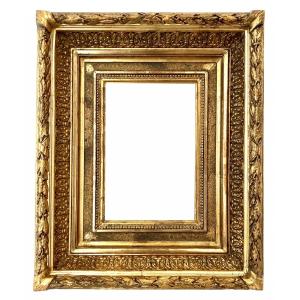
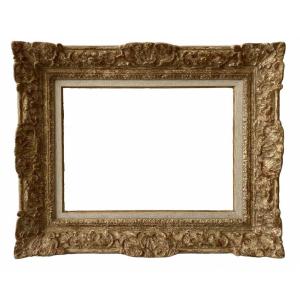
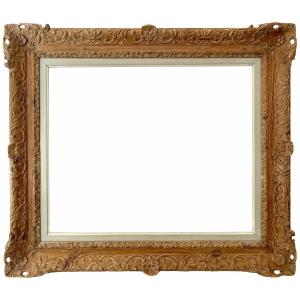


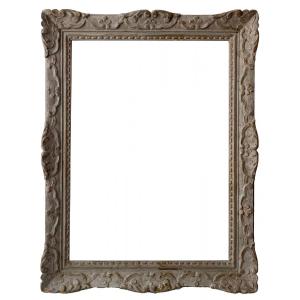
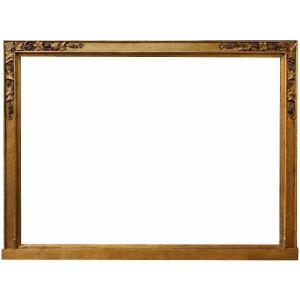


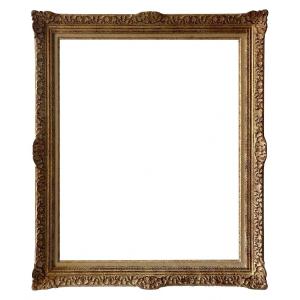
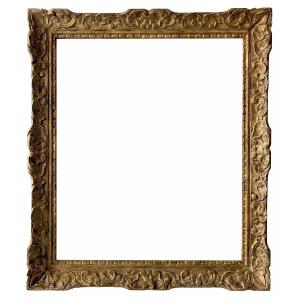

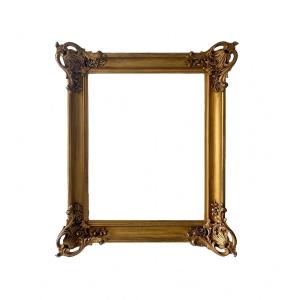
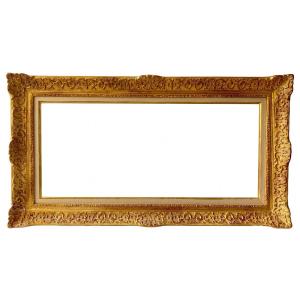
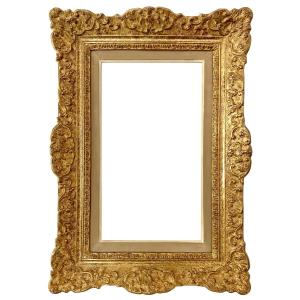
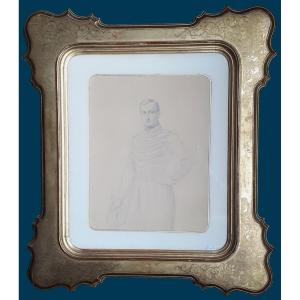
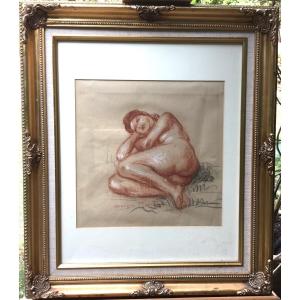


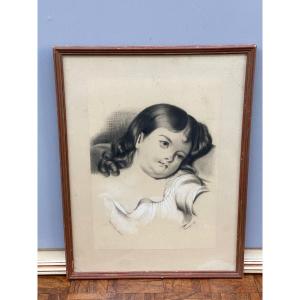



 Le Magazine de PROANTIC
Le Magazine de PROANTIC TRÉSORS Magazine
TRÉSORS Magazine Rivista Artiquariato
Rivista Artiquariato